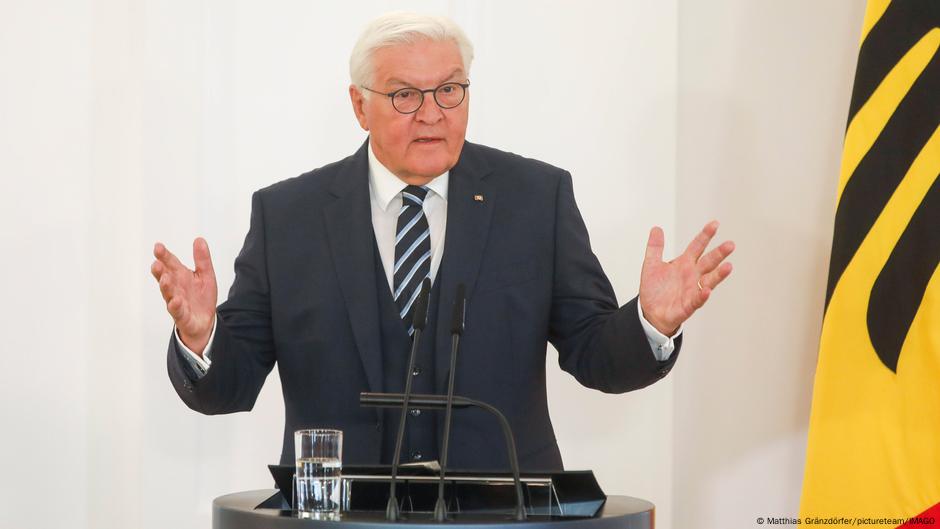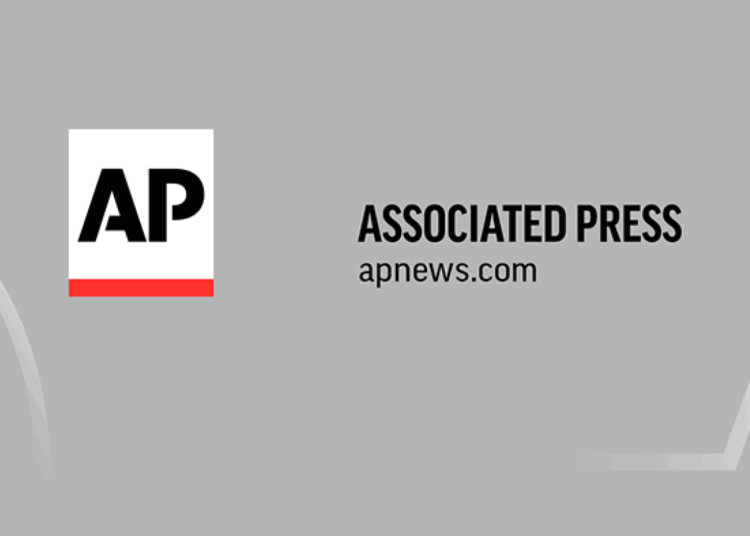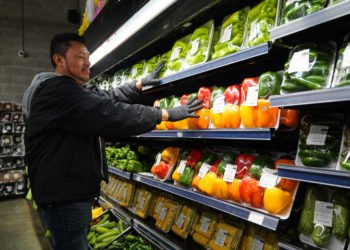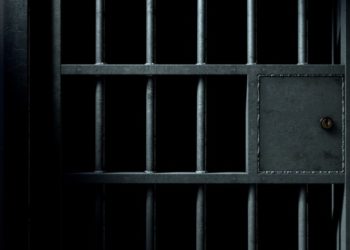To start his weeklong tour of Africa, German President will attend the opening of the Grand Egyptian Museum in Giza, , on Saturday . After marveling at the important archaeological museum, which houses more than 100,000 artifacts and will display the complete Tutankhamun tomb collection for the first time, Steinmeier will get down to business.
Steinmeier’s focus during his planned visits, including stops in and , will be on strengthening economic cooperation with African governments. A business delegation will accompany Steinmeier on his trip.
Egypt is attractive for German entrepreneurs
Khadi Camara, deputy head of countries and markets at the German-African Business Association, told DW that Egypt is very promising for German companies. “The country is one of the few markets in which is implementing large-scale projects on a broad basis and in various sectors,” she told DW, referring to infrastructure and rail projects, digitization, and industry. More and more companies are choosing Egypt as an investment location, she added.
The security situation in the region and the future of will be on the agenda for Steinmeier’s meeting with Egyptian President Abdel Fattah al-Sissi.
In September 2024, Steinmeier visited Egypt and praised its efforts to .
Egypt and Ghana, the second stop on the German president’s trip, are partners in . It was launched under the German G20 presidency in 2017 to create investment for sustainable economic growth in reform-oriented African countries. 13 African countries are members of the CwA.
“The Compact with Africa has led to the German government’s export credit guarantees for these countries being assigned a better risk category,” Camara said. Germany seeks to maintain this partnership by making it relevant. The framework conditions for trade are not yet what they should be, and obstacles must continue to be removed.
Steinmeier will meet with Ghanaian in Accra on Monday. Mahama has been in office since January; he won the election in December with the . Gold mining and the construction sector, in particular, are expected to drive growth.
With a population of just under 35 million, Ghana is a relatively small economy. The country to Germany. Other important exports include fruit, rubber, and ores.
Ghana: A center for vaccine production
Another building block for expanding cooperation is vaccine research. Germany and the are supporting Ghana in positioning itself as. This will create more jobs and improve health care.
Ghana also has a thriving startup scene. Steinmeier’s agenda also includes a meeting with the founders to discuss innovations.
Anna Lena Wasserfall, the resident representative of the German Konrad Adenauer Foundation in the capital, Accra, said Ghana, was a priority country for Germany’s development cooperation. This applies in particular to the field of , but also to good governance and the fight against corruption. “Certainly against the backdrop that Germany has an interest in Ghana remaining a stable partner in the region,” Wasserfall told DW.
Wasserfall points to the in recent years. In some countries, she says, governments are in power that are skeptical or even hostile toward cooperation with Western partners.
The strategic realignment of the partnership between the countries includes banking reforms designed to stabilize the financial sector and new laws intended to simplify the process of setting up businesses in Ghana. “Overall, it can be said that the measures implemented under the CwA have strengthened Ghana structurally, but have not triggered any profound investment momentum in the country,” Wasserfall added.
Improving the CwA
Wasserfall said the lack of investment in Ghana was not a sign of a lack of attractiveness, but rather an expression of structural weaknesses and uncertainties that make long-term commitments appear risky.
“These are factors such as high public debt and deficits, which undermine confidence in fiscal stability, compounded by high currency volatility,” Wasserfall said. Bureaucracy, corruption and weak law enforcement are also challenges. To improve economic conditions, Germany and the in Washington have launched the new G20 Compact with Africa Trust Fund. The aim is to through increased investment in sustainable development, infrastructure projects, and well-trained skilled workers.
Angola’s ambition to join the CwA initiative
The oil-producing nation of Angola is interested in joining the CwA. As the first German president to visit Angola, Steinmeier will explore closer economic cooperation with the government from November 5 to 7.
Angola, which is celebrating its 50th anniversary of independence and is currently holding the rotating presidency of the , could be a candidate for the next round of the CwA, Camara said.
“The government has strongly promoted the diversification of the economy. For example, German companies are also active in the hydrogen sector. Large hydroelectric power plants are being installed there, and there are also German projects in the infrastructure, health, and agricultural sectors,” she said.
Steinmeier plans to meet with President Joao Lourenco in the capital, Luanda. Lourenco’s word carries weight within Africa. For example, he has been mediating for years between the on the deadlocked situation in eastern Congo.
In the city of Huambo, Steinmeier will learn about . The trade corridor connects Angola’s Atlantic coast with the copper mines in the south of the DRC and in Zambia.
The corridor, an important trade route, is being promoted as part of the “Global Gateway” project, the European Union’s response to China’s New Silk Road.
“The Federal president’s trip sends an important signal,” Wasserfall said. Given the challenges of international politics, for the German government in recent years. “Our neighboring continent should play an important role in diversifying our partnerships and reducing dependencies,” she said.
The post German President Steinmeier Africa tour eyes business growth appeared first on Deutsche Welle.




